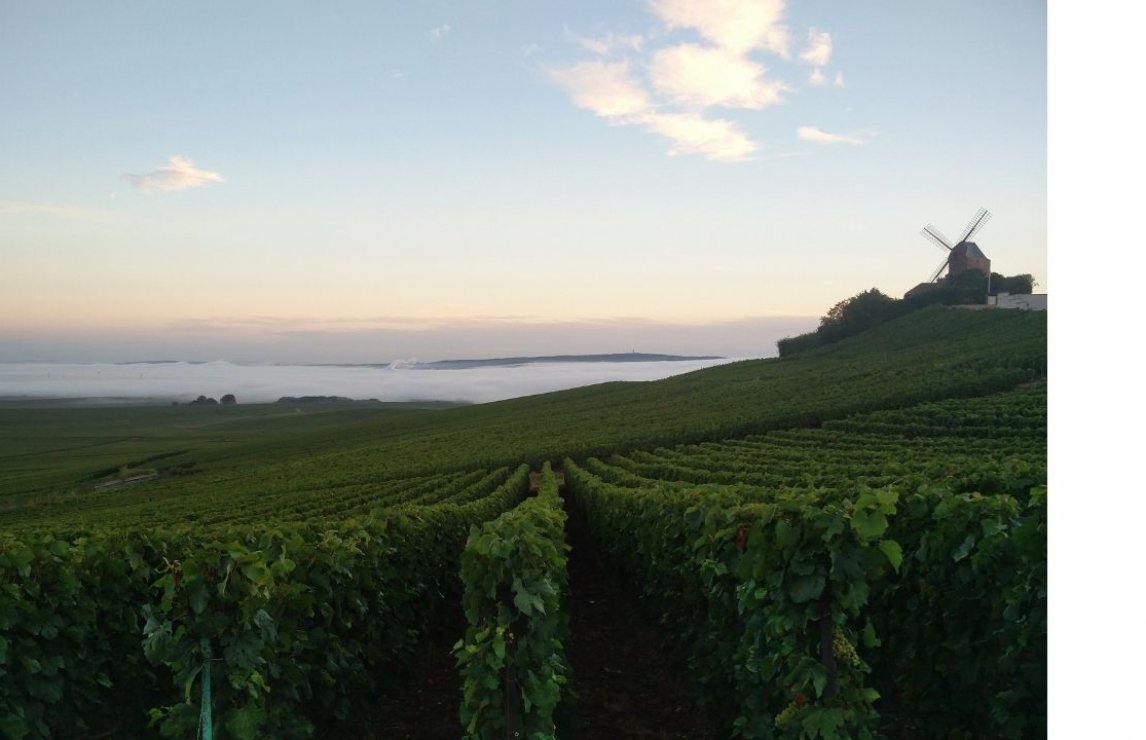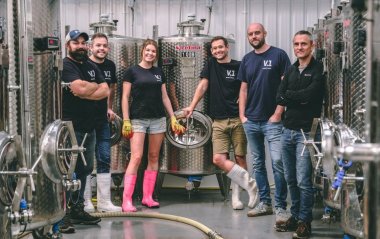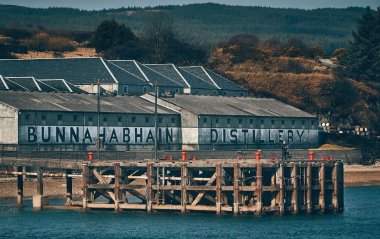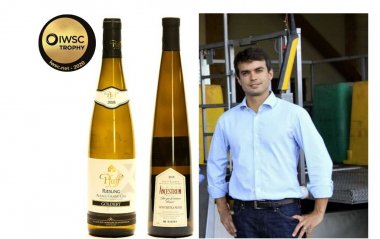Champagne trophy winner, 2020: Lombard Brut Nature Grand Cru Chouilly NV
Champagne Lombard is a family house located in Epernay and founded in 1925 by Robert Andrieu. In 2017, Thomas Lombard took over the running of the business from his father Thierry. With Thomas' arrival and that of a new generation, the house has undergone something of a metamorphosis.
Back in 2004, Thierry Lombard began focusing on the Lombard brand, which previously had limited distribution. His strategy was to move away from the house's secondary wines and mass market activity, and focus on the premium Lombard brand. To achieve this, he bought 5.5ha of premier cru vineyards from the Médot Champagne house, located on the west side of Montagne de Reims. The same year, Laurent Vaillant joined as Cellar Master. In 2008, the company developed a grape sourcing policy that saw it focus on premier cru and grand cru parcels, a project that Vaillant headed up.
In 2017, after graduating from AgroSup Dijon in Burgundy, Thomas Lombard joined the company with his vision to create terroir-based Champagnes. Today, its structure is "négociant-based with a grower philosophy", creating a new kind of Champagne producer, says Thomas.
In 2020, Lombard won an IWSC Trophy for its Lombard Brut Nature Grand Cru Chouilly NV. Judges praised its 'complex aromas of citrus and green fruits, radiant gold colour and elegant, sweet honey'.
Earlier this week we caught up with Champagne Lombard's current custodian Thomas to discuss terroir and his future vision for the house.
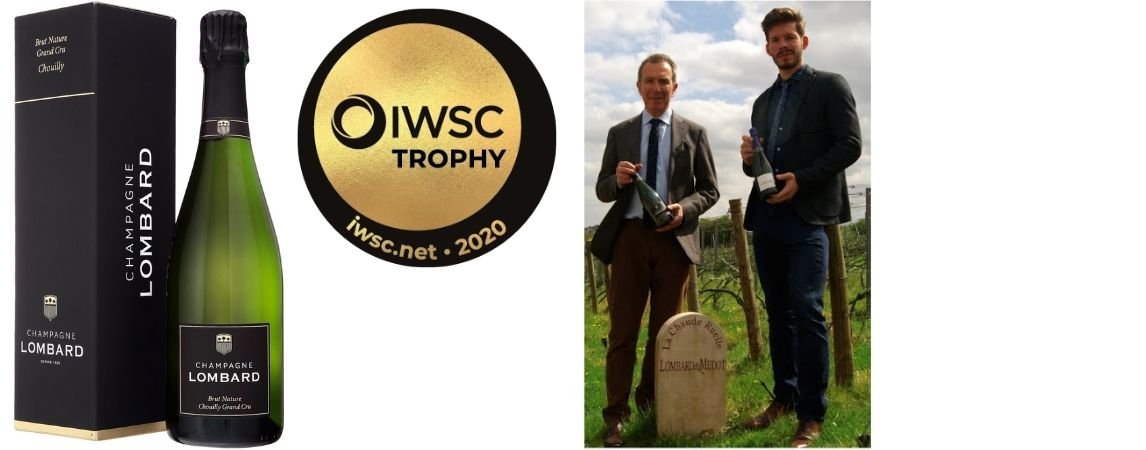
^ Trophy-winning Lombard Brut Nature Chouilly Grand Cru NV & Thierry & Thomas Lombard (right)
What is your winemaking philosophy?
At Champagne Lombard, we highlight the diversity of terroir expressions thanks to single-village and single-plot cuvées. We observe their influences from a cru or even a single parcel. Soil, climate, topography and viticulture are the four factors that define terroir, and in order to reveal every terroir's characteristic in the wine, we produce our Champagnes with a Brut Nature dosage.
What is the best piece of advice you have been given and how did you use that in your winemaking?
“Never have doubt”. I believe it is important to have your own vision of what you want your customers to experience. In our case, that means leaving the tradition of Champagne behind to focus on a Burgundian approach to winemaking and creating a terroir-driven Champagne with low dosage.
Who or what has been your most important influence and why?
The most important thing is understanding the link between the wine and where it comes from.
How can people best enjoy your wine?
No special moment is required. It's best enjoyed with friends and I would definitely recommend savouring the first aromas you sense and the flavours you taste. You can also read the back label of our Champagne to find out more about its origins.
